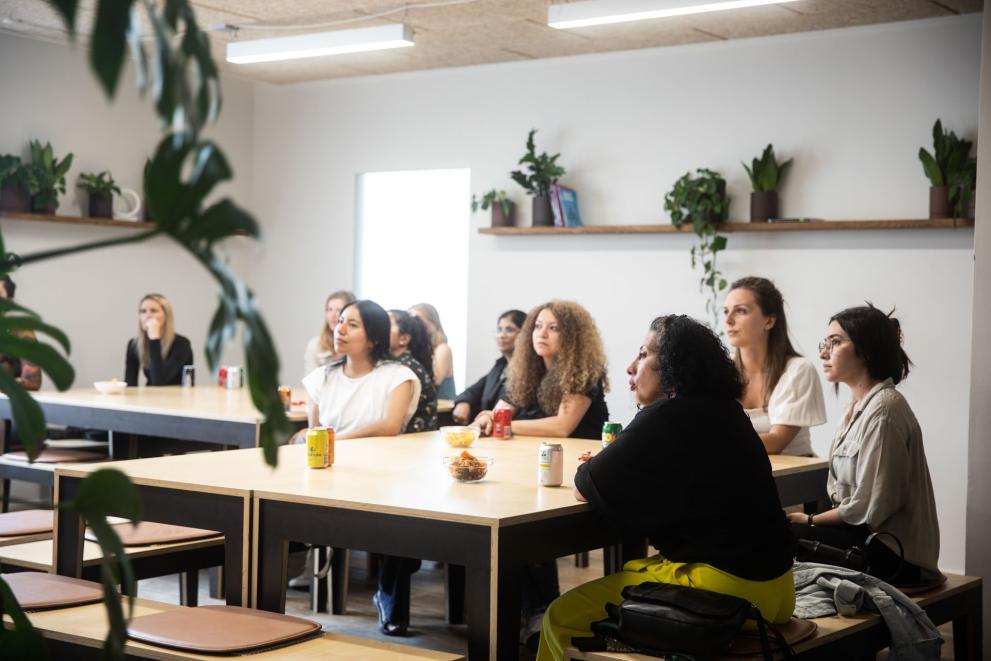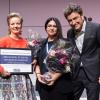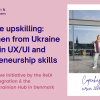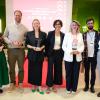Strengthening soft skills networking among women with Redi School Denmark

At a time of technological innovation and digital transformation, hard skills such as programming and IT knowledge undoubtedly play a key role. However, in an increasingly competitive labour market, soft skills – are equally crucial.
This was at the heart of the ReDI School Denmark workshop, which focused on strengthening participants’ ability to communicate effectively and build valuable networks in the IT industry.
Balancing Hard Skills with Soft Skills: a difficult, but much needed task
The seminar underlined that the combination of hard technical and soft social skills is a complete package for a successful career in the IT world. While hard skills provide the ability to address technical challenges, soft skills are key to presenting one's digital competence, working with colleagues and negotiating with employers and clients. The workshop focused around building the soft skills needed to thrive in an ever-digital world, breaking these apart in key themes and areas.
1) Relations, Networking and Management
The workshop aimed at equipping participants with the strategies they need to build and maintain valuable relationships and networks in the digital world. This included learning to contact potential employers in a way that highlights one's own skills and knowledge. Researching companies and those to be contacted were emphasised as crucial to the business process, and the ability to engage in conversations about the company’s values and objectives.
2) Honesty and entertainment
A central learning from the seminar was that honesty is a deep networking and communication. Participants were encouraged to be curious and committed, while remaining true to themselves. Honesty and authenticity in the interaction was highlighted as a much more valuable approach than trying to appear as something you are not.
3) The value of recommendations and self-promotion in the private sector underlined the crucial role of recommendations. Contacts with potential employers, based on recommendations from former colleagues or relationships, were seen as an effective way to generate initial interest. Participants also learned to promote their skills, knowledge and talents in a convincing way during job interviews and other work-related situations.
4) Body languages and self-security
The importance of body languages and self-security in communication were carefully explored. Participants learned how their body language and exposition can influence how they are perceived. At the same time, emphasis was put on the development of a positive minimum to give participants the necessary self-confidence to enter the labour market and to meet challenges of openness and strength.
The Seminar also addressed how to restore self-confidence after a career shift to IT or after receiving refusals from potential employers. This was seen as a natural part of career development and participants were equipped with tools to address and overcome these challenges.
Redi School’s Mission
Redi School has a mission to enable women who are not born or raised in Denmark to develop both their professional and personal skills. The school offers a unique perspective for the IT industry and the digital world by integrating the focus on networking and self-confidence as an alternative approach.
The ReDI School Denmark seminar on soft skills and networking has helped to build a stronger foundation for participants in their travel to the IT world. By balancing technical skills with communication, relationships and self-confidence, the seminar provides participants with the tools not only to prosper, but also to navigate confidently in a competitive industry, where human relations and the ability to present oneself play a crucial role.
Image creator: THOMAS H THERKILDSEN
Copyright: ReDI School Copenhagen






